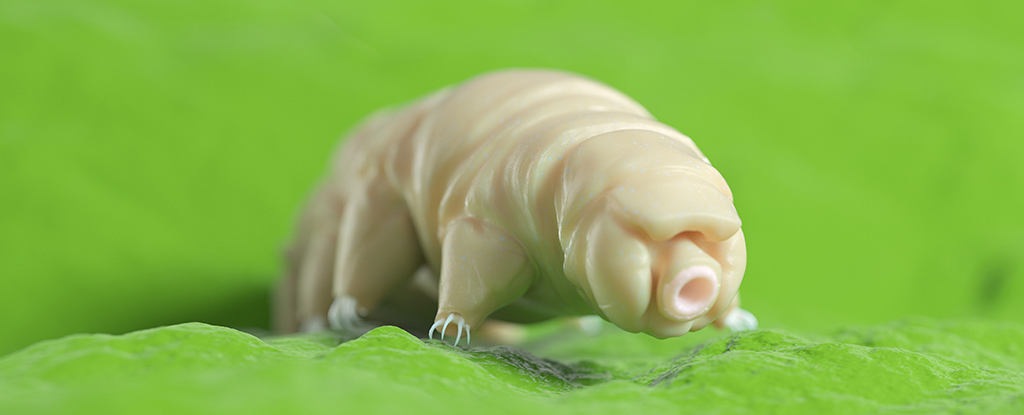- Reaction score
- 1,697
Freeze 'em, heat 'em, blast them into empty space; with survival skills unlike any other organism on the planet, those hardy critters known as tardigrades will only come back for more.
While it's clear their ability to withstand stress is in part due to their ability to turn their insides into gel, the mechanisms behind this act of metabolic preservation haven't yet been made clear.
A new study led by researchers from the University of Wyoming found that expressing key tardigrade proteins in human cells slowed metabolism, providing critical insights into how these virtually indestructible invertebrates can survive under the most extreme conditions.
The team focused on a particular protein called CAHS D, already known to protect against extreme drying (desiccation). Through a variety of methods, the researchers showed how CAHS D transformed into a gel-like state when under stress, keeping molecules protected and protecting against drying.

 www.sciencealert.com
www.sciencealert.com
While it's clear their ability to withstand stress is in part due to their ability to turn their insides into gel, the mechanisms behind this act of metabolic preservation haven't yet been made clear.
A new study led by researchers from the University of Wyoming found that expressing key tardigrade proteins in human cells slowed metabolism, providing critical insights into how these virtually indestructible invertebrates can survive under the most extreme conditions.
The team focused on a particular protein called CAHS D, already known to protect against extreme drying (desiccation). Through a variety of methods, the researchers showed how CAHS D transformed into a gel-like state when under stress, keeping molecules protected and protecting against drying.

Scientists Put Tardigrade Proteins Into Human Cells. Here's What Happened.
Freeze 'em, heat 'em, blast them into empty space; with survival skills unlike any other organism on the planet, those hardy critters known as tardigrades will only come back for more.



